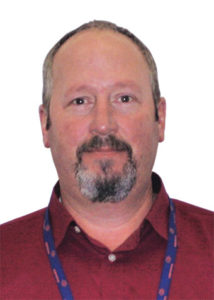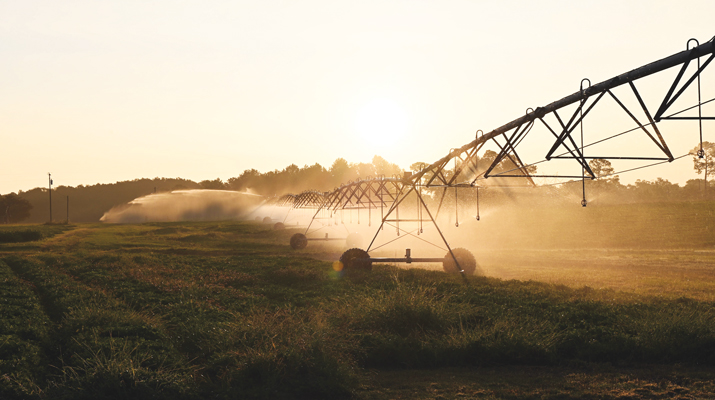Communicating for a successful future
The propane industry is at the intersection of opportunity and success.

Three newly installed propane state association leaders agree communication is the key to a successful future. Photo: iStock.com/scyther5
It faces challenges in the energy market that, if handled correctly, can place it in a competitive position with customers who value clean and versatile energy.
Helping to lead this initiative are newly installed state association leaders who are tasked with organizing a collective push for propane in the energy battle.
Melissa Moody, executive director of the Arkansas Propane Gas Association; Dave Wager, executive director of the Minnesota Propane Association; and Bruce Whitney, executive director of the New York Propane Gas Association have echoed similar points during the early parts of their association tenure: Market propane as a clean fuel that can rival the electrify everything movement.

Wager
“This is our time to promote our industry,” Wager says. “We must change the way we communicate to our customers. We have to offer them products and solutions to lead a cleaner and less-expensive energy future. We must make it easy for each [customer] to stay with propane or convert to propane. If we don’t go to them, they are likely to accept whatever they are being offered from others because it’s the only offer they have.”
Working to make propane competitive with other energy sources is a sticking point for Wager, who says he’s working to promote a positive perception of propane and show LPG’s versatility across several applications.
“We need to adjust to compete with today’s environmental culture,” he says. “The public has a perception of ‘clean and affordable’ energy. Propane is the answer for clean and affordable energy in the future.”
Whitney is up against similar circumstances in New York.
He says providing clean, green and efficient energy to customers in the Empire State is a great opportunity for the industry. Autogas is one area he mentions that provides such an opportunity. According to Whitney, members in New York willing to join the autogas market commit themselves fully to the effort, and the association is there to assist.
“We don’t expect everyone to get into [autogas], but we want to be there when they do,” he says. “We want to introduce everyone to it so we can see if it fits the model of their company. We offer dozens of training programs and are ramping up for autogas as the purse strings loosen up with the [Volkswagen settlement] money.”
Alternative fuels pose the biggest threat to the propane market. Fueling that threat, Whitney explains, is the government-subsidized electrification push. The propane industry is getting much-needed help from the VW settlement, but Whitney says keeping an eye on legislation and government affairs is important to state association leadership going forward.
“We’ve got to keep our eye on the ball to see what’s going on in Albany and what’s going on in Washington,” he says. “We also interact with other associations and look to see what’s going on in their states.”
Communication is key

Whitney
Communication between states and the national government, between state associations and their members, and between members and customers each represent a pillar in a strong communication model.
Wager, Whitney and Moody each stress the importance of a solid marketing approach that highlights propane as an efficient and clean fuel. Communication, though, is a challenge for some associations.
Moody, for example, says communication and marketing is Arkansas’ greatest challenge. According to Moody, improving communications is the avenue to increasing value for the association and its members.
Showcasing propane as a clean and efficient fuel can be a challenge. If state associations can achieve this branding goal, future success lies ahead for the industry. The first step is developing propane’s clean burning identity.
“Perception is reality,” Wager says. “We must tell our story often and promote ourselves and propane if we want to be relevant in the future.”
Future propane industry success depends on the association’s ability to communicate, especially when that communication comes between state association leadership and its membership.
“There isn’t a day that goes by that I don’t talk to a few members about something,” Whitney says. “I get to ask them a few questions so I can shape the association going forward. They are very engaged and very interested. It’s in their best interest because I serve in their best interest. We develop everything new based on listening to the members.”
















